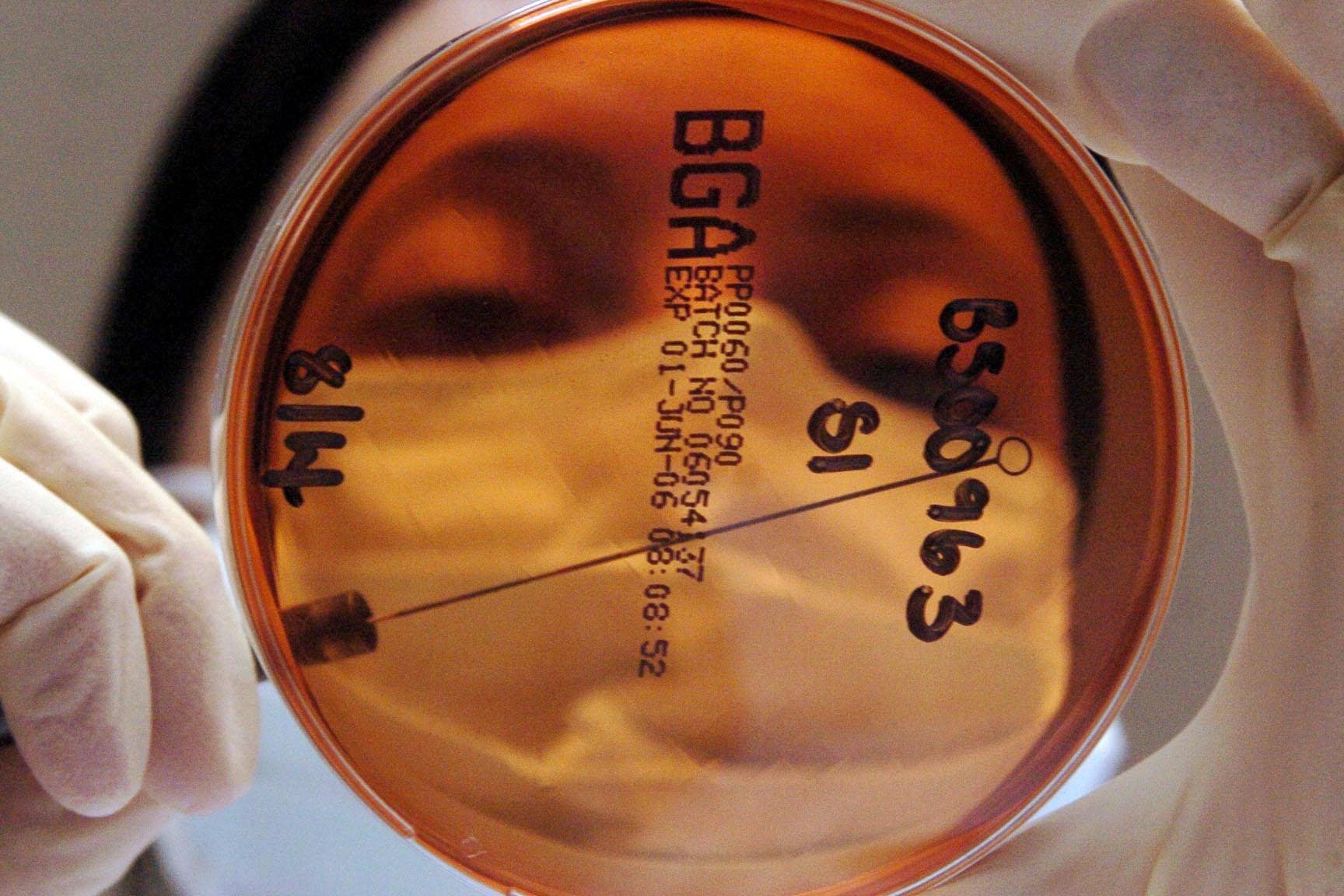Scots with rare cancers to test new treatment in first-of-its-kind trial
Both children and adults will be able to take part in the Determine project, which uses precision medicine to find an appropriate treatment.

Your support helps us to tell the story
From reproductive rights to climate change to Big Tech, The Independent is on the ground when the story is developing. Whether it's investigating the financials of Elon Musk's pro-Trump PAC or producing our latest documentary, 'The A Word', which shines a light on the American women fighting for reproductive rights, we know how important it is to parse out the facts from the messaging.
At such a critical moment in US history, we need reporters on the ground. Your donation allows us to keep sending journalists to speak to both sides of the story.
The Independent is trusted by Americans across the entire political spectrum. And unlike many other quality news outlets, we choose not to lock Americans out of our reporting and analysis with paywalls. We believe quality journalism should be available to everyone, paid for by those who can afford it.
Your support makes all the difference.Cancer patients in Scotland will be among the first to trial a new treatment aimed at those with rare forms of the disease.
The project, known as Determine, matches people with rare conditions with existing medications already being used to treat other cancer patients.
Trials for adults are set to be held in Edinburgh and children will be treated in Glasgow as part of the UK’s first national precision medicine trial for rare cancers.
Cancer Research UK is urging those who may be eligible to discuss the treatment with their clinicians.
Precision medicine matches treatment to a specific patient and is a growing area.
It is expected around 500 to 650 people across the UK will be able to benefit from the five-year clinical trial, and it is hoped it can then be quickly approved to treat other patients.
We are hopeful that, if successful, patients across the UK will be able to access treatments that have been approved for other types of cancer
Medications are approved for use in the NHS to treat specific cancers in specific circumstances, but the success of the trial could lead to them being approved for rarer cancers.
There are currently eight drugs from pharmaceutical companies Roche and Novartis which have been committed to the trial, with more expected to be added as it progresses.
Principal investigator Dr Patricia Roxburgh, of the Cancer Research UK Scotland Centre and University of Glasgow, said: “We are very excited in Scotland to be amongst the first in the UK to offer these targeted drugs to patients with rare cancer as part of the Determine clinical trial.
“We are hopeful that, if successful, patients across the UK will be able to access treatments that have been approved for other types of cancer.
“We are seeking patients with rare cancers or cancers with very specific genetic faults. If you aren’t sure, please ask your treating clinician whether you may be eligible to take part in this trial.”
The trial is being run by the University of Manchester and managed by Cancer Research UK’s Centre for Drug Development.
Sarah Mellor, Cancer Research UK’s lead on the Determine project, said: “Precision medicine is an exciting focus for cancer research, and we hope this trial – the UK’s first national precision medicine trial for rare cancers – will offer hundreds of patients across the UK the opportunity to access new treatments.
“We are delighted Scottish patients will be amongst the first to have this opportunity which we hope will lead to new, effective therapeutic options for patients with rare cancers.”